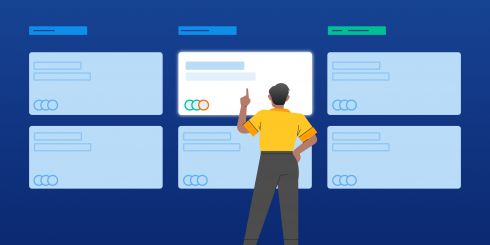
Split has announced new functionality in its platform: Statuses and Rollout board. This addition is designed to help software development teams move with greater speed, safety, and data-driven focus. These new updates are intended to make it easier for teams to collaborate on releases and manage their feature flags and experiments at scale.
With Statuses, teams can assign a feature the stage — in testing, for example — it is at in the release process. This, according to the company, saves the time of having to dig into its configuration when checking the status for any flag or experiment.
The Rollout board visualizes the release process by status; whenever a feature flag has a status assigned to it, the flag will automatically appear in the board. This allows teams to know what to do next so that they never forget to update or remove a feature flag. Here, the team can access information such as the number of days since a status was last updated, traffic received across environments, and outstanding alert notifications and approval requests.
When teams are managing a number of releases at once, Statuses and Rollout board can help streamline feature delivery. This allows for flags to be kept up to date while quickly determining the right next steps for any given feature. This new product update also allows release teams to easily manage and collaborate on different feature flags and experiments all from the same location. On top of this, Statuses and Rollout board help to reduce technical debt by safely and promptly retiring feature flags once the features are fully released. This prevents unused flags from piling up in the code base.
Statuses and Rollout board also work to expand the Split Platform’s governance capabilities, ensuring security, and compliance throughout the feature delivery life cycle. This allows developers to stay informed and get peer feedback with approval flows as different features make it to production, are tested on internal teams, and finally released to real users.
As flags and experiments multiply, Statuses and Rollout board can help teams keep track and make sure releases stay on schedule. In addition, the teams will be notified of any approval requests or alert notifications that come about to ensure they receive the proper attention.






